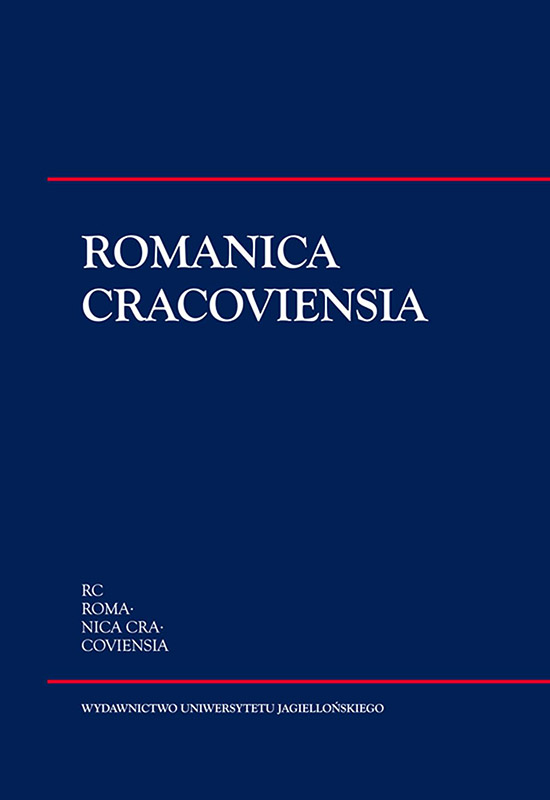Usura, protocapitalismo e Giotto nel canto XVII dell’Inferno di Dante
Usury, proto-capitalism and Giotto in Dante’s Inferno XVII
Author(s): Marino Alberto BalducciSubject(s): Visual Arts, Studies of Literature, 13th to 14th Centuries
Published by: Wydawnictwo Uniwersytetu Jagiellońskiego
Keywords: Divine Comedy; Giotto; homosexuality; scatology; usury;
Summary/Abstract: In this hermeneutical study on a canto that represents the emblematic center of all Dante’s Inferno, we find a reflection about the extensive network of symbols which is related with the vice of greed, highlighting for the first time the hidden kinship between apparently different faults: usury, blasphemy and sodomy. Geryon the monster appears at the beginning, connecting us with mercantilism as a socio-historical phenomenon rapidly evolving when Europe sees its transition from feudalism to proto-capitalism. Later, the animalized figure of Reginaldo Scrovegni, in this same alienating context (the sole infernal canto which is entirely coloured as a fresco), suggests the implicit, ironic and disturbing presence of Giotto, with a secret moral reference (as a cruel contrappasso) to his famous masterpiece of Padua. Immediate horror and beauty come grotesquely together thus, in this hellish space, with a specific and surprising sarcastic power.
Journal: Romanica Cracoviensia
- Issue Year: 16/2016
- Issue No: 3
- Page Range: 147-155
- Page Count: 9
- Language: Italian

